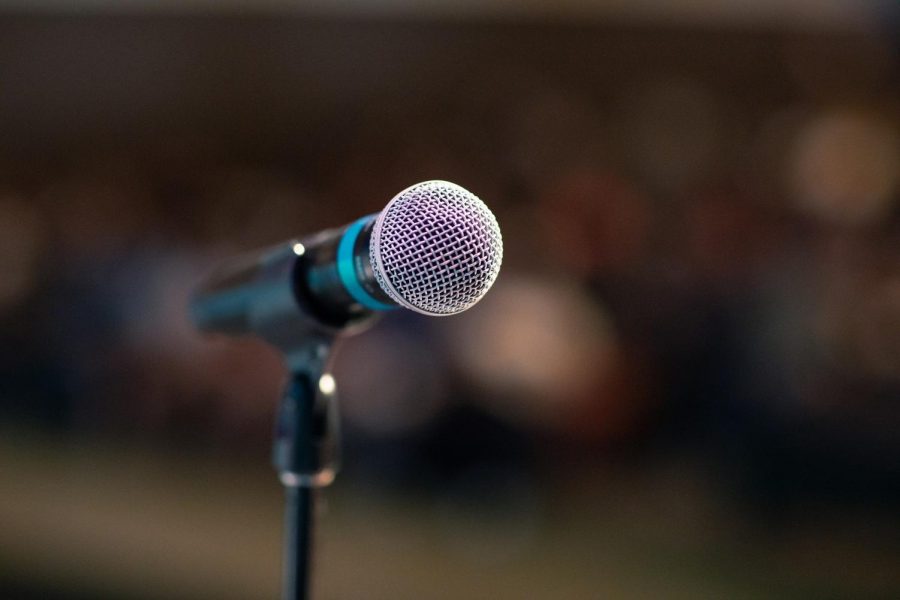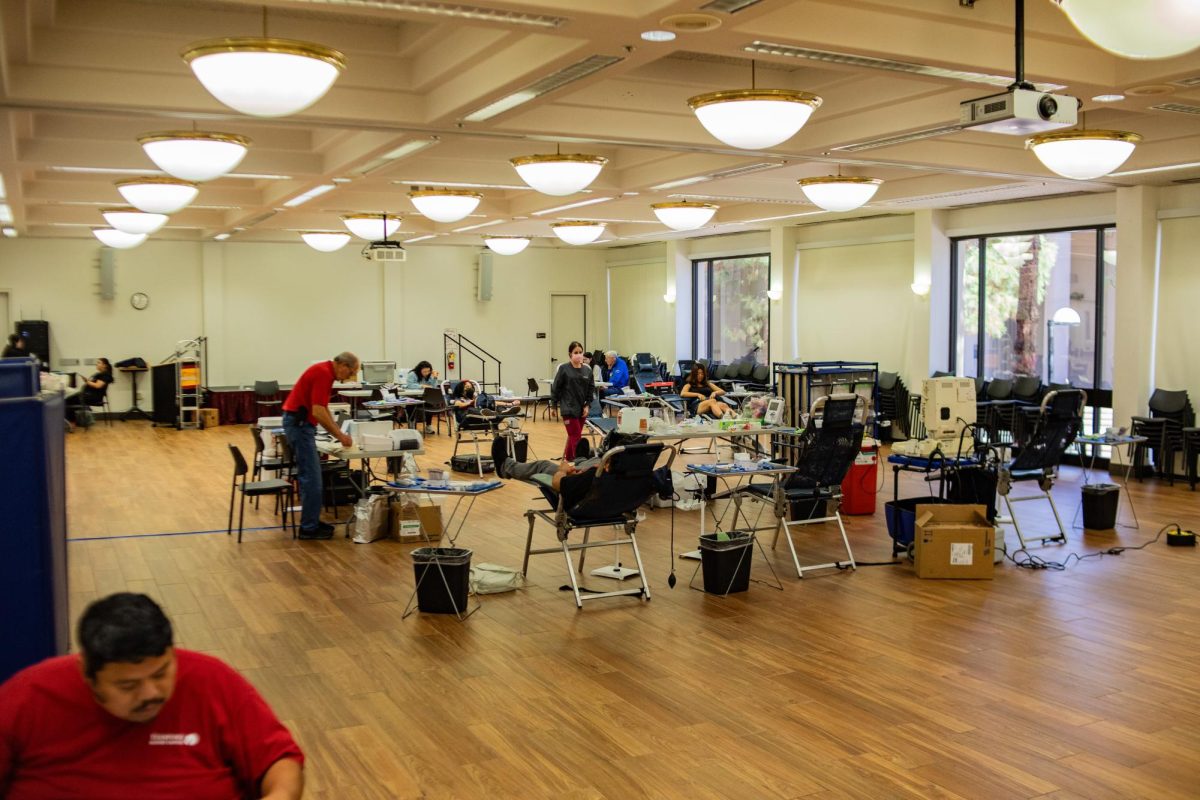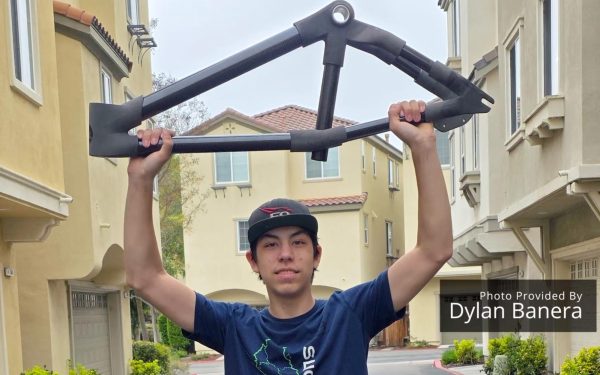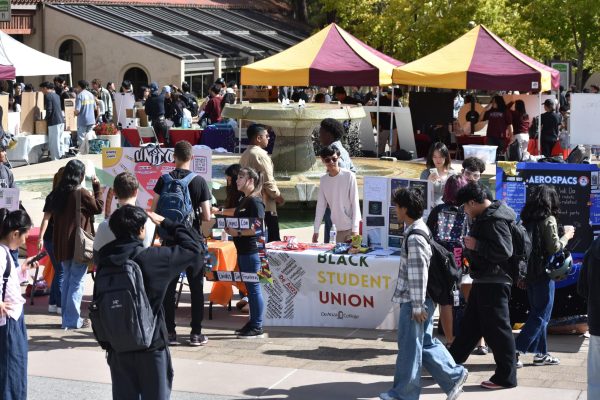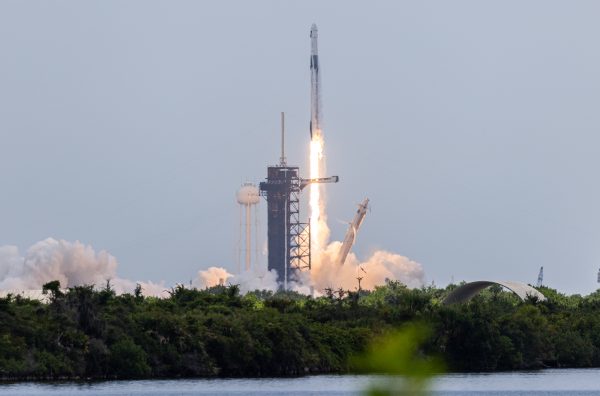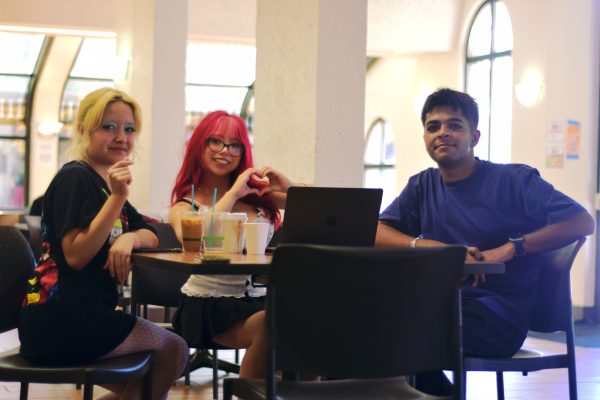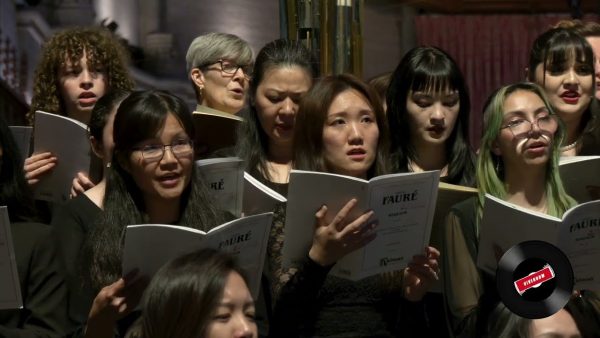Black leaders meet for virtual town hall to discuss systematic racism and police brutality, hosted by local NAACP
Image by Irina L from
June 10, 2020
In light of the recent Black Lives Matter protests, the San Jose/Silicon Valley chapter of the NAACP hosted a virtual town hall meeting on June 4 to discuss police brutality against Black members of the community, as well as how to fight systemic racism.
Malia Cohen, chair of the California State Board of Equalization, served as moderator of the virtual town hall meeting that consisted of several distinguished Black policymakers, activists, religious leaders, lawyers and academics.
“We are simply concerned Americans who believe that America is better than this and that it’s time for an open dialogue about racism and police brutality,” Cohen said. “It is our hope that throughout this conversation this evening, we will be able to build on the momentum, we will be able to build on the urgency in our country today, that Black lives matter and racism and police brutality must stop now.”
The dialogue began with Cynthia Marshall, CEO of the Dallas Mavericks and the founder and CEO of Marshall resources, speaking to how George Floyd’s murder has incited a united outrage from people across the world.
“I think this time it’s different, because it’s not every day that the world actually watched a public lynching,” Marshalll said. “It was just unconscionable, what we witnessed.”
Marshall also said she believes that with the momentum and recognition the movement has gathered, people should seize this moment to have an open dialogue and create real change.
“This is the time to start to have those discussions about those systems and what we need to do to eradicate systemic racism,” Marshall said.
Randy K. Jones, former assistant U.S. attorney and current partner at Mintz law firm in San Diego, described the shocking indifference of Derek Chauvin, the officer who murdered Floyd.
“I think the thing that outrages people is just the callousness and indifference and the darkness of that police officers eyes, as he sat there for nine minutes, you know, choking a man to death for no reason and to add insult to injury, if you will, the man had already lost consciousness and he stayed there for three more minutes just out of spite,” Jones said.
Ben McBride, Co-Director of PICO California and former Co-Chair of the Racial Identity Profiling Board appointed by Senator Kamala Harris, described his personal and long history of police violence against his family.
“America has systems full of racism because America itself was built on the commodification of Black bodies,” McBride said. “Anti-Blackness permeates every system that we have in this country and I would argue that anti-Blackness is as American as apple pie.”
McBride also said that he has aspirations that the U.S. may one day be a country without racism.
“My hope is that we can dismantle the systems of oppression so we can live well and create a future that is worthy of our children,” he said.
Paul Henderson, former prosecutor and current director of the Department of Police Accountability in San Francisco, described how Chauvin’s lack of arrest before the protests began and the false autopsy on Floyd shows how flawed the justice system is.
“We have to change these systems and we have to change them responsibly so that we have data driven race neutral outcomes,” Henderson said. “Otherwise we’re never going to be able to address the full picture and have long lasting change that’s going to satisfy an equal justice definition for all communities.”
Shannon Crowder, future assistant professor in the department of political science and international relations at Loyola Marymount University, described how from a political science perspective, the combination of COVID-19 and Floyd’s murder, has created an almost perfect storm for people to come together and try to create real change to these racist systems.
“What we are seeing right now in this pandemic, with the coronavirus is a sort of exaggerated shock to the system, because George Floyd is not the first person [of color] to be murdered on camera,” Crowder said, “COVID-19 has exposed the leaky pipes in America, and so in this moment, people are unemployed, people are sick, people are dying, and I think taken together this has really made people show up in a different way.”
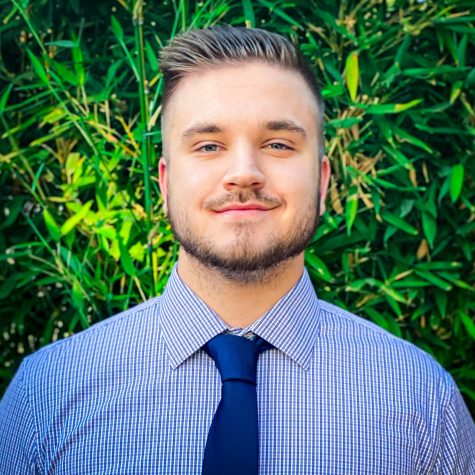
I aspire to continue my education in pursuit of a lifelong career in sports journalism. In serving as News Editor for La Voz this quarter, I hope to continue...



